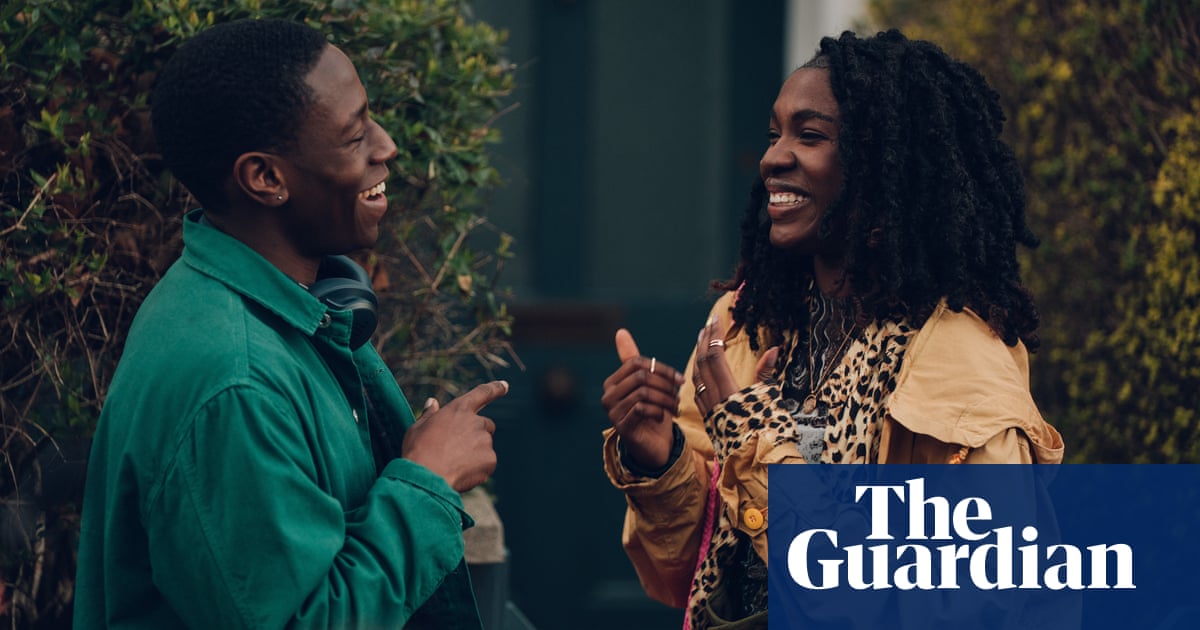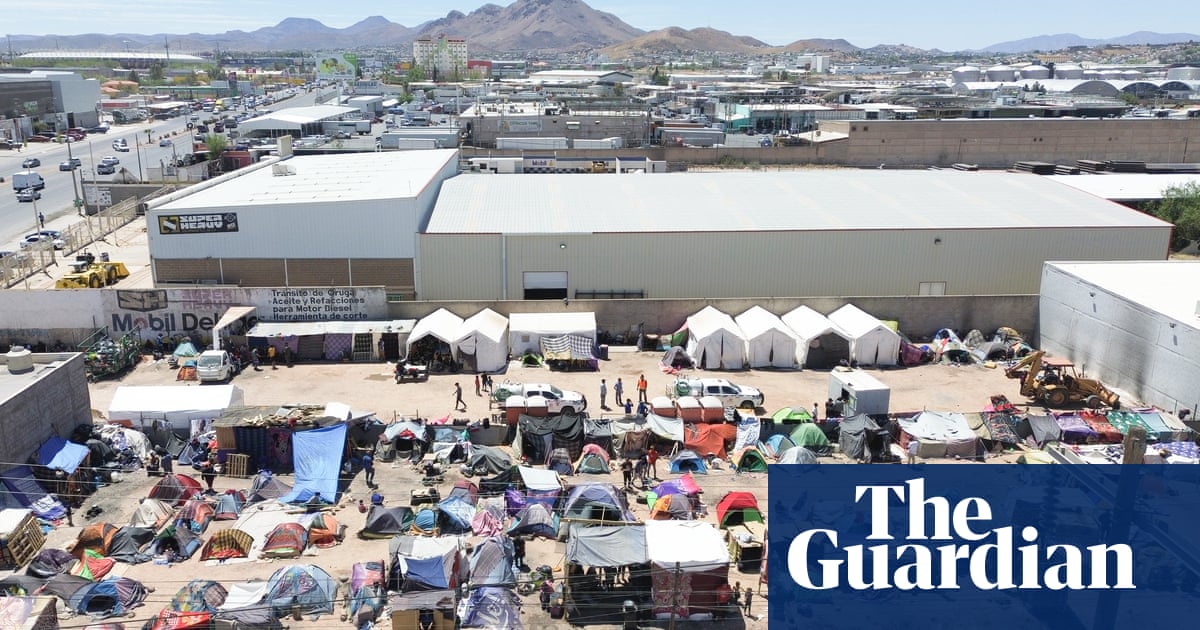
’m aware this is a strange article to be writing. As most people struggle with the day-to-day complexity of life under the pandemic, how we do find the headspace to think about something as global as the sustainable development goals? But I’m inspired by a recent article by the activist and author Arundhati Roy. “Historically, pandemics have forced humans to break with the past and imagine their world anew. This one is no different. It is a portal, a gateway between one world and the next,” she wrote.
And for me, the roadmap on this journey comes from the global goals – the superdetailed blueprint, agreed by 193 countries in 2015, for transformation for people and planet by 2030.
About a year ago, I wrote in the Guardian, along with some of my fellow SDG advocates, that, with only a decade to go, we were in an alarming position where we were still not on track to achieve these goals. Then, in January of this year, 20 leading gender, climate, environmental, equality, justice and human rights campaigners – backed by 2,000 more advocates – signed an open letter. It was an unusual letter, because I think it’s one of the first times that activists fighting for such a range of global causes were united by one single voice. We called 2020 the Super Year to kick off a decade of action. Then look what happened.
Now, I am an optimist, but nobody could have foreseen the devastation and immense challenges of 2020. Covid-19 has shone a truly harsh light on the issues of the world today. Billions of people have been in lockdown for months. Lives and livelihoods have been threatened and lost. The recent Goalkeepers report from the Bill & Melinda Gates Foundation gives a grim warning that 25 years of immunisation progress has been wiped out in just 25 weeks and there has been a 7% increase in extreme poverty.
But perhaps this is still the moment to feel hope. This year has seen the greatest rise in social moments ever – for gender, for climate, for racial justice. Covid-19 has shown how quickly things can change and how people will change the way they live their lives. We’re seeing people questioning more: “What can I actually do, myself, in my own life?” We’re changing the clothes we buy, the food we eat, the way we travel and the cars we drive. And in the world of business and investment, there’s a huge acceleration in awareness of the massive responsibility of those sectors – and it’s not morals v money. Sustainable investments are doing better than traditional ones. The people with power in that world must be the necessary heroes.
On the wall in my office are the words, “To Make Things Happen, You’ve Got to Make Things.” Can I recommend to readers a few films? (Not The King of Staten Island, although that’s good).
The first is a film that the WWF have made called Our Planet: Too Big to Fail. It’s on Netflix and it’s a devastating analysis of the effect of business on our planet, with five crucial actions that have to be taken to make sure we don’t descend into a world on fire. It’s 40 minutes long, beautiful, Mark Carney looks very handsome in it – and it’s got this great editing technique that whenever anyone is talking, they cut to brilliant images of leaf-carrying ants, orangutans or polar bears. I wish we’d done that in some of the duller bits of Notting Hill.
I’ve also been part of making a short film in partnership with the UN called Nations United, which is being shown on YouTube, Sky and other broadcasters today. It was made to mark the 75th anniversary of the UN and the fifth anniversary of the global goals. It’s a whistlestop tour through some of the most urgent problems facing the world and reflects a new determination by the UN to push for urgent specific solutions on climate, gender, justice and poverty. And we’ve got a cast I wish I’d had in one of my dodgy films – Malala Yousafzai, Thandie Newton, Don Cheadle, Forest Whitaker, Michelle Yeoh and Burna Boy on cracking form alongside the UN secretary general, António Guterres. There’s even a radio version voiced by my old friend Julia Roberts.
Nelson Mandela said: “It always seems impossible until it’s done.” This is a time for intensity and intense action. Greater investment in health and education, decent green jobs, investing in renewable energy rather than subsiding fossil fuels and, at last, changing gender discriminatory laws. We actually know what to do – it’s a question of public pressure moving political will and I guess all of us taking personal responsibility for that.
Five years on, I’m convinced that the global goals are more relevant than ever. They’re a global plan agreed with a clear to do list for what we need to do for people and planet. We can’t give up now.
• Watch Nations United: Urgent Solutions for Urgent Times, premiering on YouTube at 9am ET / 2pm BST on Saturday 19 September.
• Richard Curtis is a writer, director and UN sustainable development goals advocate










